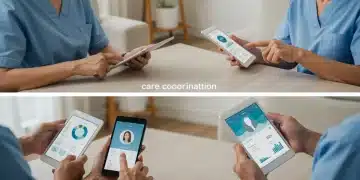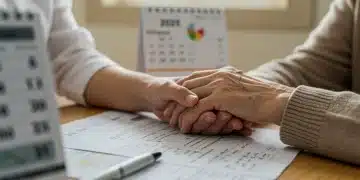Managing Medications: A Comprehensive Guide for Caregivers
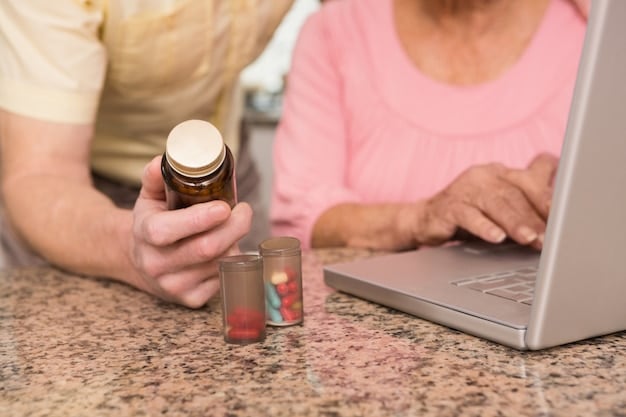
Managing medications safely and accurately is crucial for caregivers to ensure the health and well-being of those they support, requiring organization, knowledge, and diligent administration.
Being a caregiver involves numerous responsibilities, and among the most critical is managing medications. This guide provides caregivers with the knowledge and tools to ensure safe and accurate medication administration, fostering better health outcomes and peace of mind.
Understanding Medication Management for Caregivers
Medication management is more than just dispensing pills. It encompasses understanding medications, dosages, schedules, potential side effects, and interactions. This section provides an overview of what medication management entails for caregivers.
Effective medication management requires a comprehensive approach, including communication with healthcare providers, proper storage, and accurate record-keeping.
Key Aspects of Medication Management
Several key aspects are pivotal to ensure safe and effective medication management.
- Accurate Record-Keeping: Maintaining detailed records of all medications, dosages, and administration times.
- Understanding Medications: Knowing the purpose, potential side effects, and interactions of each medication.
- Proper Storage: Storing medications in a safe and appropriate environment, away from children and pets.
By focusing on these key aspects, caregivers can minimize errors and ensure the well-being of those in their care.
In conclusion, medication management is a multifaceted responsibility that demands attention to detail, knowledge, and proactive communication.
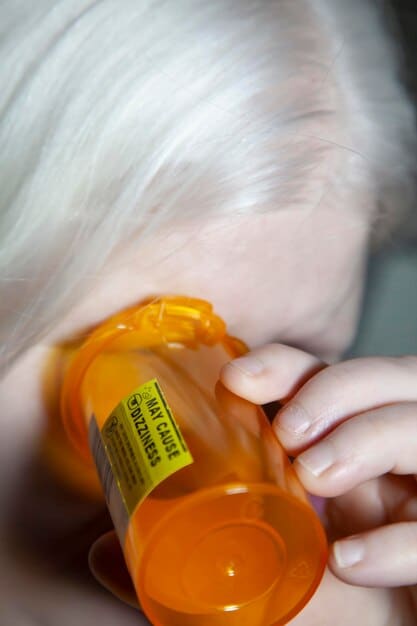
Creating a Medication Schedule and System
A well-organized medication schedule and system are essential for accurate and timely administration. This section provides practical tips on creating an effective system that minimizes errors and streamlines the process.
Implementing a systematic approach not only reduces the risk of missed doses but also helps caregivers manage their time more efficiently and effectively.
Using Pill Organizers
Pill organizers are a simple yet effective tool for managing daily medications.
Consider using a pill organizer with compartments for different times of the day to pre-sort medications, ensuring that the right pills are taken at the right time. This can significantly reduce the chances of errors.
Developing a Medication Chart
A comprehensive medication chart is vital for tracking and managing medications.
- List of Medications: Include the name of each medication, its dosage, and the frequency of administration.
- Administration Times: Clearly specify the times when each medication should be taken.
- Notes on Side Effects: Document any potential side effects and interactions to monitor.
Having a detailed chart readily available helps caregivers stay organized and informed.
In summary, creating a robust medication schedule and system is crucial for ensuring safe and accurate administration, promoting better health outcomes.
Communicating with Healthcare Providers
Effective communication with healthcare providers is an integral part of medication management. This section explores how caregivers can establish clear lines of communication with doctors, pharmacists, and other healthcare professionals.
Open communication ensures that caregivers have the necessary information and support to manage medications safely and effectively.
Preparing for Doctor’s Appointments
Preparing for doctor’s appointments can help caregivers gather essential information.
Before an appointment, compile a list of all medications, dosages, and any questions or concerns you have. This ensures that you address all important issues and receive clear instructions.
Working with Pharmacists
Pharmacists are valuable resources for medication-related information.
- Ask About Interactions: Always inquire about potential interactions between different medications.
- Clarify Instructions: Ensure you understand the correct dosage and administration instructions.
- Request Refills: Keep track of medication refills and request them in a timely manner.
By collaborating with pharmacists, caregivers can enhance their understanding and confidence in medication management.
Therefore, proactive communication with healthcare providers is essential for informed and effective medication management.
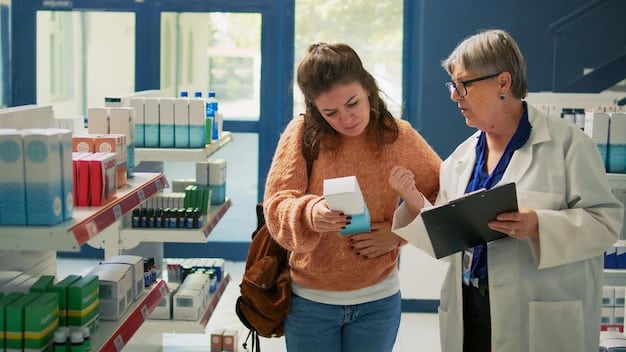
Understanding Common Medication Errors and How to Avoid Them
Medication errors can have serious consequences. This section highlights common mistakes caregivers make and provides practical strategies to prevent them.
By understanding the common pitfalls, caregivers can proactively implement measures to safeguard the well-being of those they support.
Common Medication Errors
Several common errors can occur during medication administration.
Giving the wrong dose, administering medications at the wrong time, and failing to recognize potential drug interactions are among the most frequent errors. Awareness is the first step in prevention.
Strategies for Error Prevention
Implementing effective strategies can significantly reduce the risk of medication errors.
- Double-Check Dosages: Always double-check the dosage before administering any medication.
- Use Reminders: Set reminders to ensure timely medication administration.
- Review Medication Lists: Regularly review and update medication lists with healthcare providers.
By adopting these preventive measures, caregivers can minimize the risk of errors and ensure safe medication practices.
In conclusion, understanding common medication errors and implementing proactive strategies is crucial for preventing harm and promoting well-being.
Proper Medication Storage and Disposal
Proper storage and disposal of medications are essential for safety and environmental responsibility. This section provides guidance on how to store medications correctly and dispose of them safely.
Effective storage prevents accidental ingestion and preserves medication potency, while proper disposal protects the environment and prevents misuse.
Safe Storage Practices
Storing medications safely is crucial to prevent accidents.
Keep medications in a cool, dry place, away from direct sunlight and out of reach of children and pets. Avoid storing medications in the bathroom, where humidity can affect their efficacy.
Safe Disposal Methods
Disposing of medications safely is important to prevent misuse and environmental harm.
- Follow Instructions: Adhere to any specific disposal instructions provided on the medication label.
- Drug Take-Back Programs: Utilize drug take-back programs offered by pharmacies or local authorities.
- Mix and Dispose: If no take-back program is available, mix medications with undesirable substances like coffee grounds or kitty litter, seal them in a bag, and dispose of them in the trash.
By following these guidelines, caregivers can ensure safe and responsible disposal practices.
In summary, proper medication storage and disposal are vital for safety, environmental protection, and preventing misuse.
Dealing with Side Effects and Adverse Reactions
Understanding and managing side effects and adverse reactions are critical aspects of medication management. This section outlines how caregivers can identify, respond to, and report any adverse reactions.
Promptly addressing side effects ensures the comfort and safety of individuals receiving care and prevents potential complications.
Identifying Side Effects
Recognizing potential side effects is the first step in managing them.
Monitor for any changes in behavior, physical symptoms, or overall well-being after starting a new medication. Common side effects may include drowsiness, nausea, or skin rashes.
Responding to Adverse Reactions
Knowing how to respond to adverse reactions is essential for ensuring safety.
- Notify Healthcare Providers: Immediately inform the healthcare provider about any severe or unexpected reactions.
- Document Symptoms: Keep a detailed record of the symptoms, when they occurred, and any other relevant information.
- Follow Instructions: Follow the healthcare provider’s instructions regarding treatment or discontinuation of the medication.
By taking swift and appropriate action, caregivers can mitigate potential harm and ensure the well-being of those they support.
In conclusion, being vigilant about side effects and adverse reactions is essential for safe and effective medication management.
| Key Point | Brief Description |
|---|---|
| 💊 Medication Schedule | Creating a detailed medication schedule helps ensure timely administration. |
| 📞 Communication | Regular communication with healthcare providers is essential for managing medications. |
| 🚫 Error Prevention | Double-checking dosages and using reminders can prevent medication errors. |
| 🗑️ Safe Disposal | Proper disposal prevents misuse and protects the environment. |
Frequently Asked Questions
▼
Use a pill organizer, maintain a detailed medication chart, and set reminders to ensure timely administration. Regular communication with healthcare providers is also essential.
▼
Consult the medication label or healthcare provider for guidance. In general, take the missed dose as soon as you remember, unless it’s close to the next scheduled dose.
▼
Keep track of medication supplies and request refills in advance to avoid running out. Work closely with the pharmacy to ensure timely refills and address any insurance issues.
▼
Yes, store medications in a cool, dry place away from sunlight and out of reach of children and pets. Avoid storing medications in the bathroom due to humidity.
▼
Utilize drug take-back programs or mix medications with undesirable substances, seal them in a bag, and dispose of them in the trash to prevent misuse and protect the environment.
Conclusion
Effective managing medications is a cornerstone of caregiving, demanding diligence, knowledge, and a systematic approach. By implementing the strategies outlined in this guide, caregivers can enhance medication safety, reduce errors, and promote the well-being of those in their care, fostering a healthier and more secure environment.


